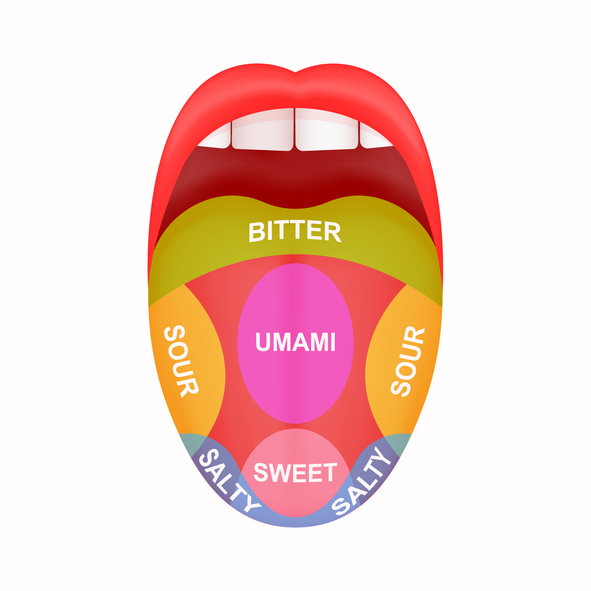
Managing Ozempic tongue

Experts, including Tricia Quartey, D.M.D., a spokesperson for the ADA, acknowledged that one reported adverse effect noted by patients using glucagon-like peptide-1 receptor agonists is known as Ozempic tongue.
Individuals with Ozempic tongue may experience a persistent bitter, sour or metallic taste in their mouths, according to a news report from Verywell Health. Dr. Quartey noted that this side effect is not unique to GLP-1 receptor agonists and can occur when the drugs or other types of drugs are absorbed and released into the saliva, thereby altering the sense of taste. A small study of fewer than 100 participants published in Physiology & Behavior found that GLP-1 receptor agonists may also alter the perception of sweet, sour, salty, bitter, and umami (savory) tastes.
The experts suggested that ceasing the use of GLP-1 receptor agonists would likely resolve Ozempic tongue; however, individuals who desire to continue treatment should stay hydrated, follow an oral hygiene routine involving daily flossing and brushing, use spices to enhance flavor and eliminate unpleasant tastes with rinses.
Read more: Verywell Health
The article presented here is intended to inform you about the broader media perspective on dentistry, regardless of its alignment with the ADA's stance. It is important to note that publication of an article does not imply the ADA's endorsement, agreement, or promotion of its content.